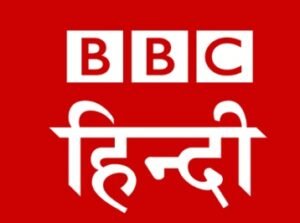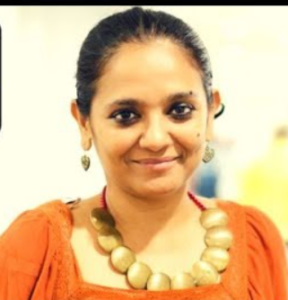On Tuesday, the BBC announced that four of its employees in India have left the organization to start a new Indian company, fully owned by Indians, in order to produce content for the platform by the country’s Foreign Direct Investment (FDI) law.
The newly formed company, Collective Newsroom Private Limited, will be responsible for creating content for the BBC in Hindi, Gujarati, Punjabi, Tamil, Telugu, and Marathi. All content for Indian digital platforms and the Indian YouTube channel in English will be produced by CNPL.

BBC issues of FDI with MIB
In 2019, the government lowered the allowed foreign direct investment (FDI) in digital news from 100% to 26%. By November 2020, all digital news publishers were asked to reveal their ownership structures. Those with more than 26% FDI had to reduce it and get approval from the Ministry of Information and Broadcasting (MIB) by October 15, 2021. It’s uncertain how many complied.

In December 2022, Reuters cut its stake in Asian News International (ANI) to meet the FDI rule.
Earlier this year, the MIB questioned the BBC’s Indian branch about its FDI. They had at least one meeting and the MIB sent a letter to the BBC. It’s unclear if other digital news publishers were similarly questioned for not following the FDI rules.
BBC documentary and controversy in India

Earlier this year, a controversy erupted around a BBC documentary on Prime Minister Narendra Modi and the Gujarat riots of 2002. The documentary was blocked in India through the emergency blocking provision of the controversial Information Technology Rules, 2021. Separately, the BBC also issued copyright takedown notices to multiple social media platforms and the Internet Archive to remove the documentary. To be sure, the documentary was not produced by BBC India, and was never screened or streamed in India by the BBC; it was produced and released only in the UK. In February, the Income Tax Department raided BBC’s Delhi office.
India’s Supreme Court exonerated Mr. Modi from any misconduct related to the riots due to a lack of evidence to support claims that he instructed the police to ignore the riots. Meanwhile, the BBC has stood by its production, asserting its commitment to top-tier editorial standards. It has also confirmed its cooperation with government bodies in inquiries into its tax matters.
The member of BBC’s new company.

The four employees who have left the BBC to start CNPL are senior news editor Rupa Jha, editorial head – BBC’s African languages- Mukesh Sharma, deputy managing editor Sanjoy Majumder, and general manager Sara Hassan.
These four employees, along with five other members of the BBC are the shareholders in the new entity. These include BBC’s Telugu editor Sriram Gopisetty, BBC Tamil editor Thangavel Appachi, senior new editor Shashank Chouhan, news operations manager Atul Garg, and human resources specialist Kiran Chahal.
All employees who are working on content published in India — the six Indian language services and digital English content in India — would be transferred to the CNPL, HT has learned.

Rupa Jha statement
Rupa Jha, who is not only the Senior News Editor of BBC India but also a founding shareholder of Collective Newsroom, expressed her enthusiasm about the project. She reassured Indian audiences that the BBC’s unique and high-quality content in Indian languages will continue to inform, educate, and entertain the diverse and engaged population of the country. This is made possible through the collaboration between the BBC and Collective Newsroom. With the launch of Collective Newsroom, they are aiming high for audiences in India and beyond.
Deputy CEO of BBC News Jonathan Munro’s statement on the new launch.

“The BBC’s presence in India is steeped in a rich history that has always put audiences first, so we warmly welcome the formation of Collective Newsroom which continues that progression. The BBC will get first-class content from Collective Newsroom that will be rooted in India and in line with the editorial standards audiences expect from the BBC. We look forward to working with them,” Jonathan Munro, the deputy CEO of BBC News, said in a statement.
BBC in India
The BBC has been a familiar voice in India’s media scene since it first introduced its Hindi service in 1940. Over the years, it has grown and evolved, adding more Indian languages to its repertoire and steadily increasing its audience with each passing decade. It’s like an old friend who’s been part of India’s journey, adapting and growing with the times.












Comments 1